Cobh and Kinsale - the picturesque coast behind Cork and the starting point of the Wild Atlantic Way - 6 months in Ireland
Diterbitkan: 08.05.2023
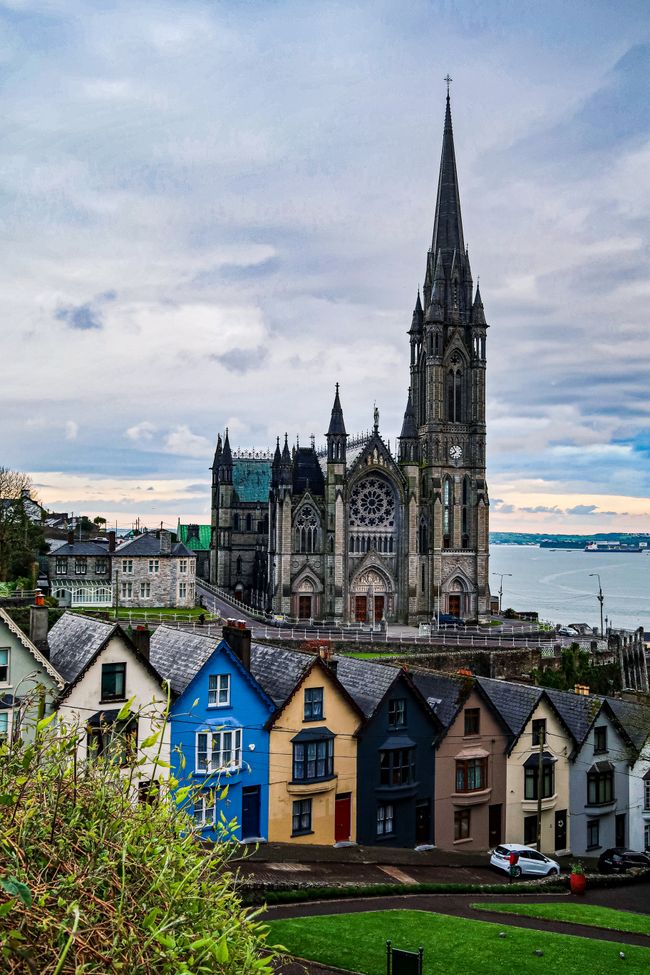
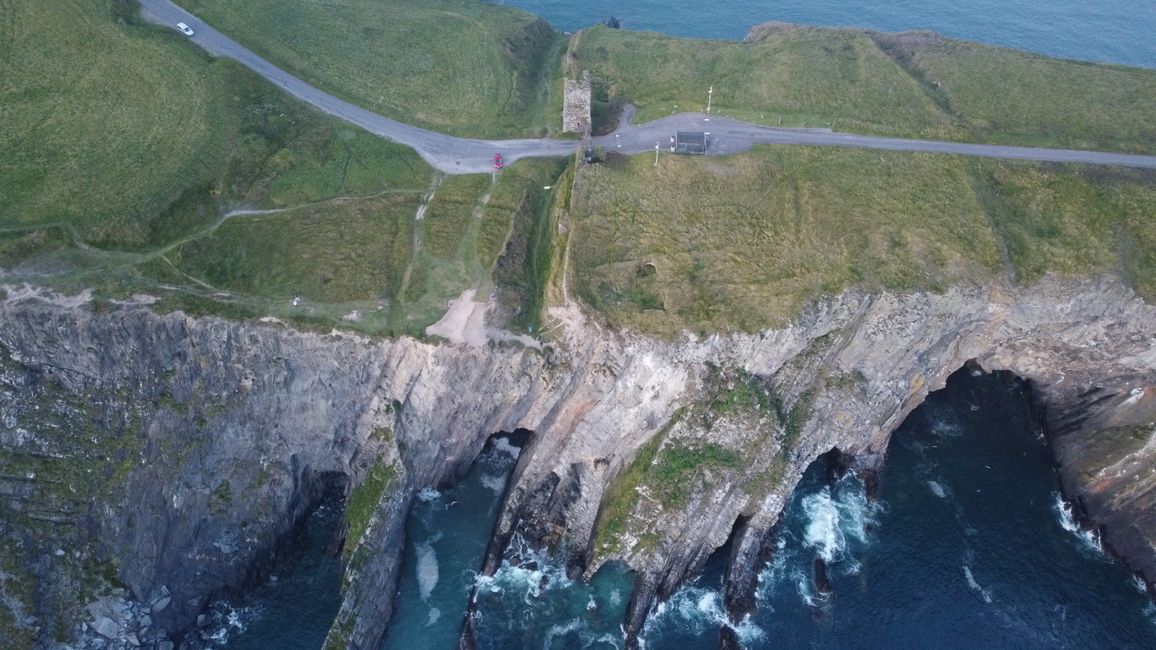
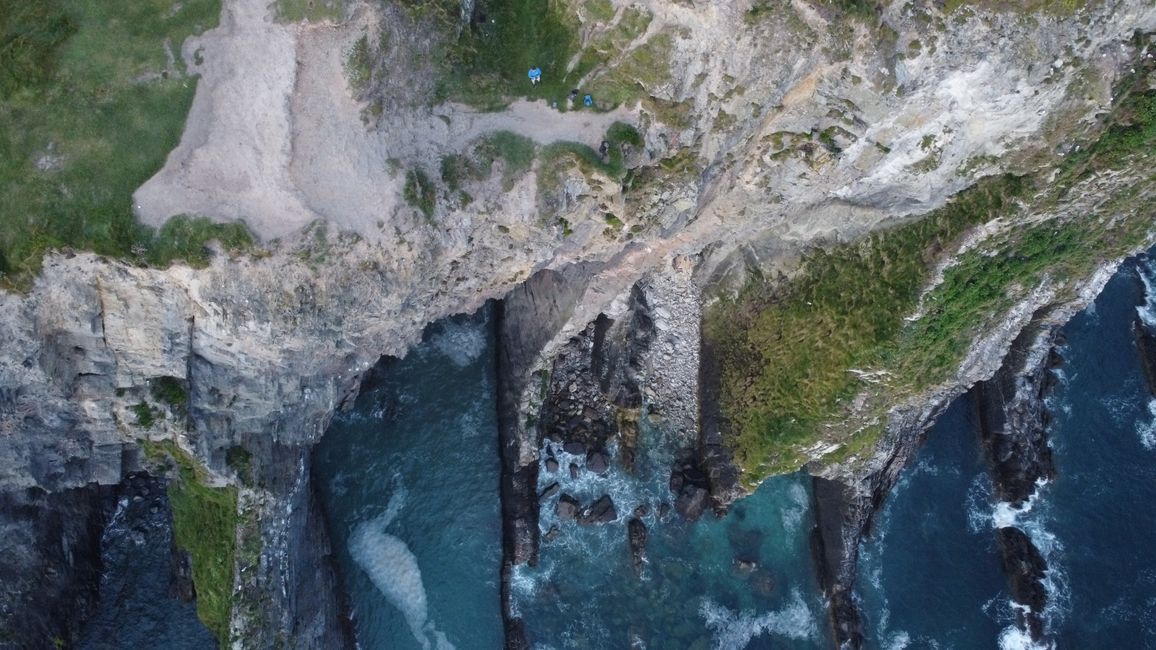
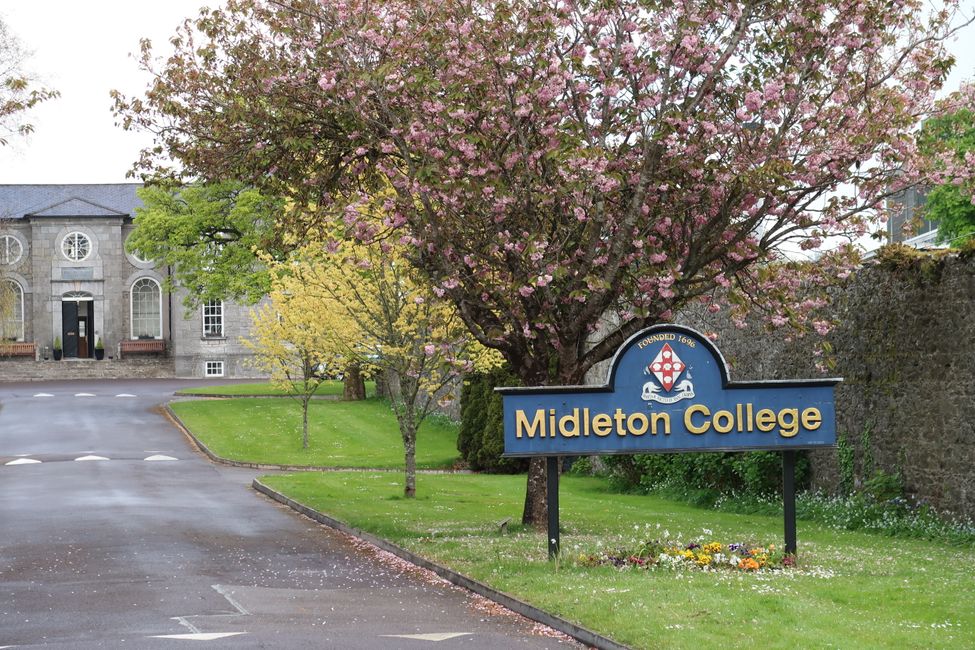
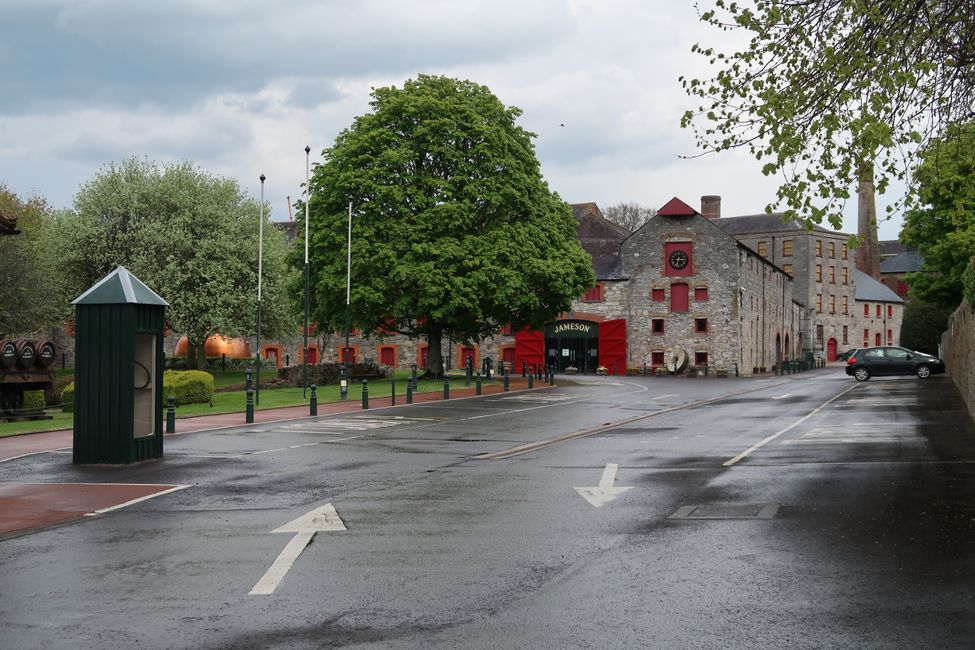
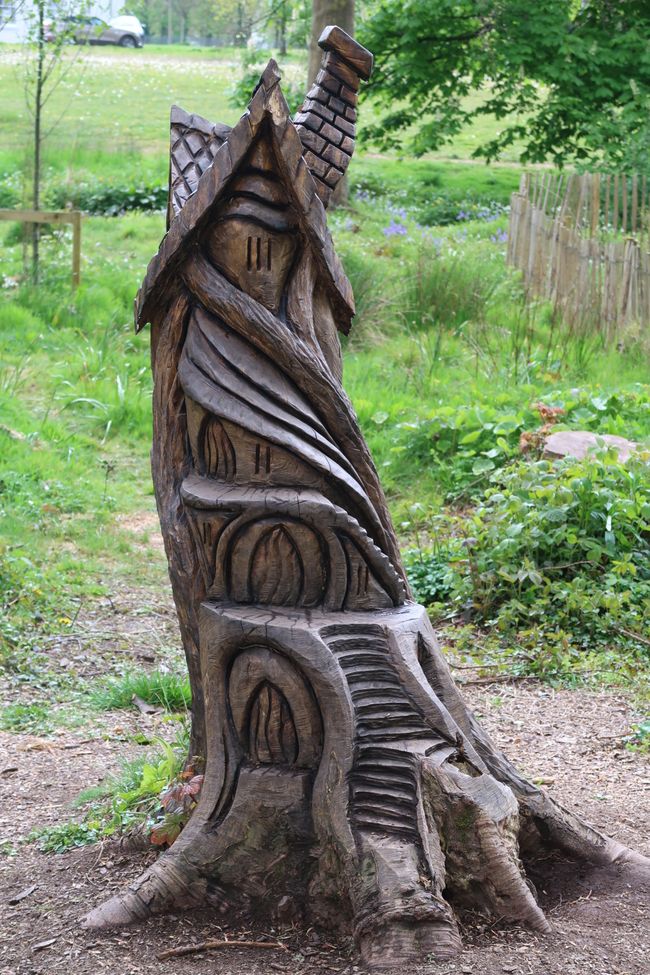
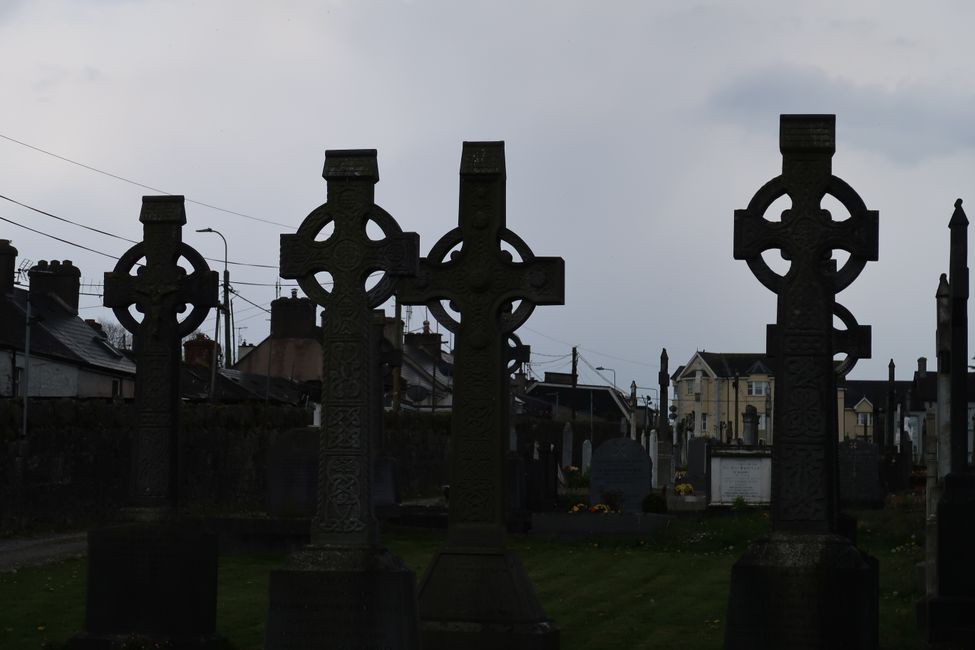
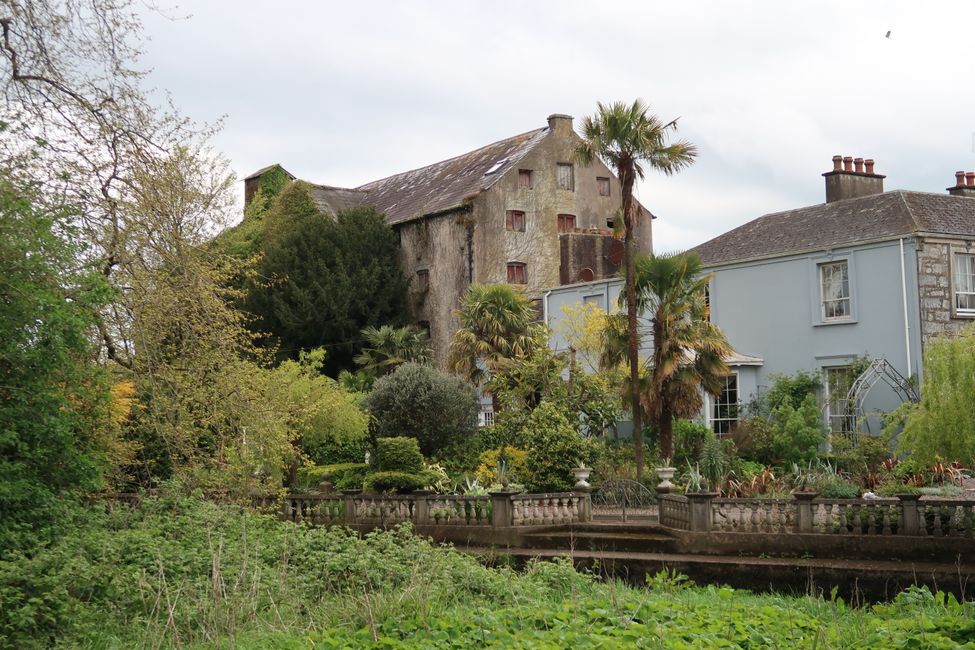
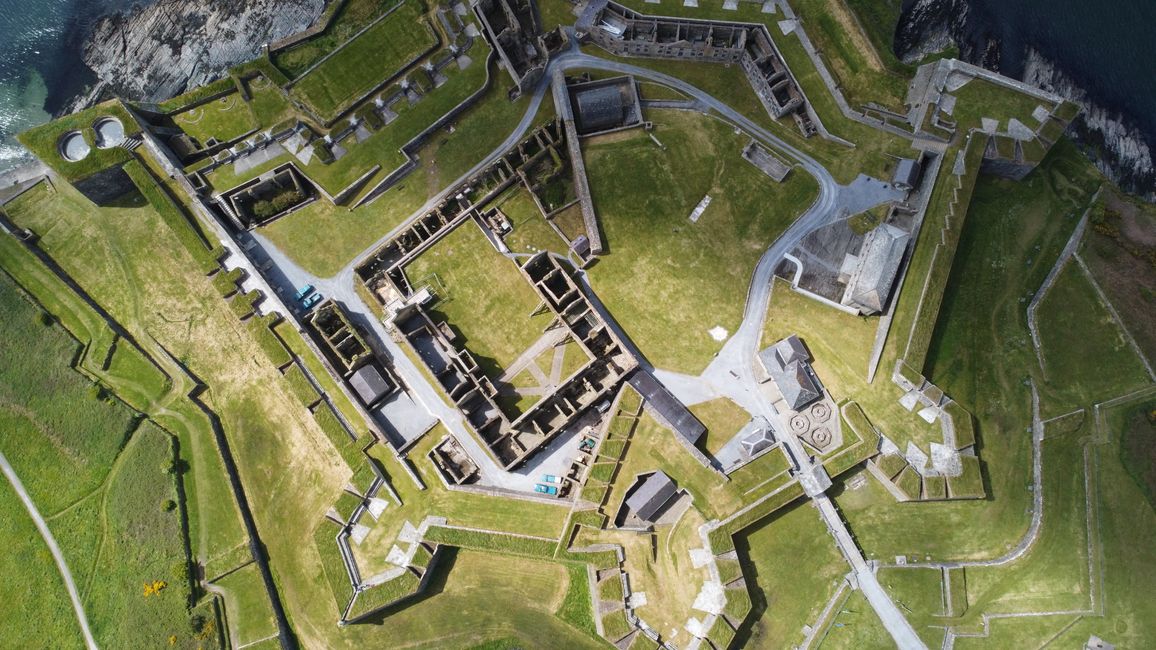
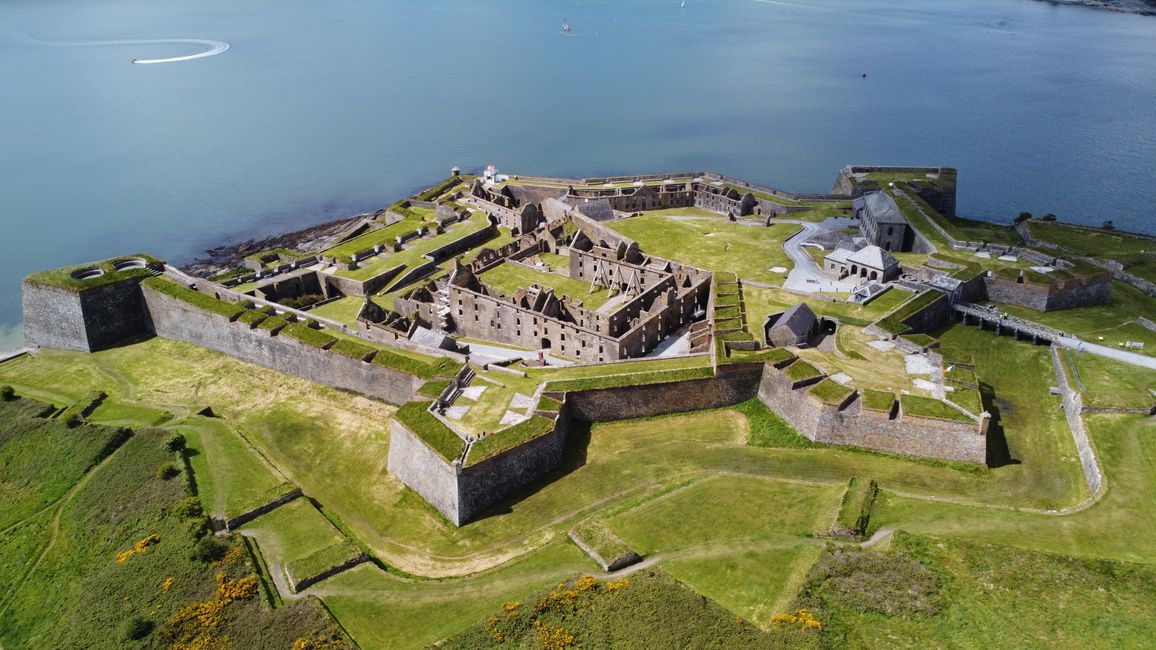
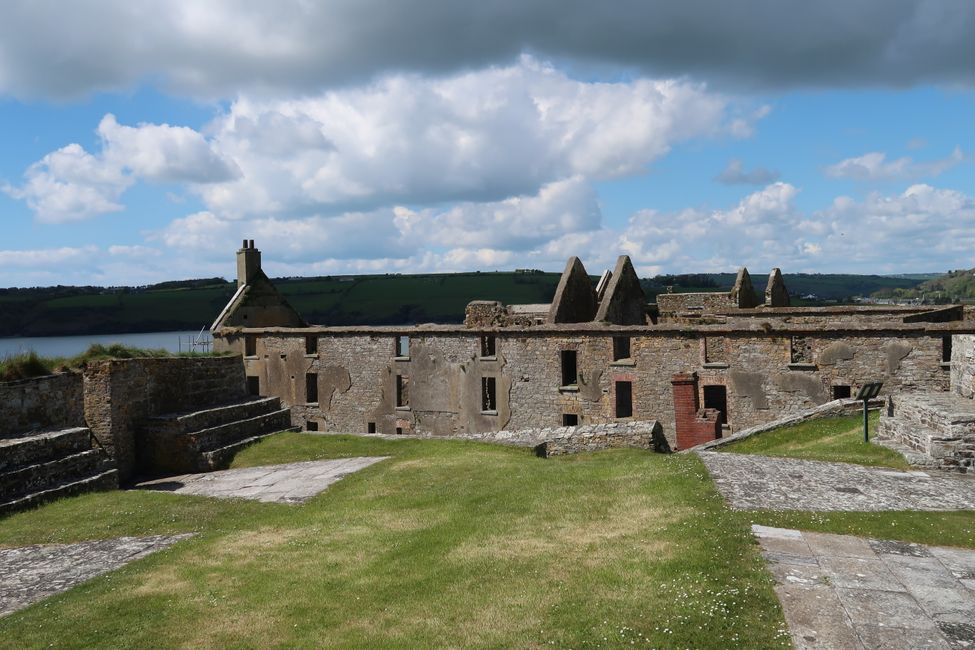
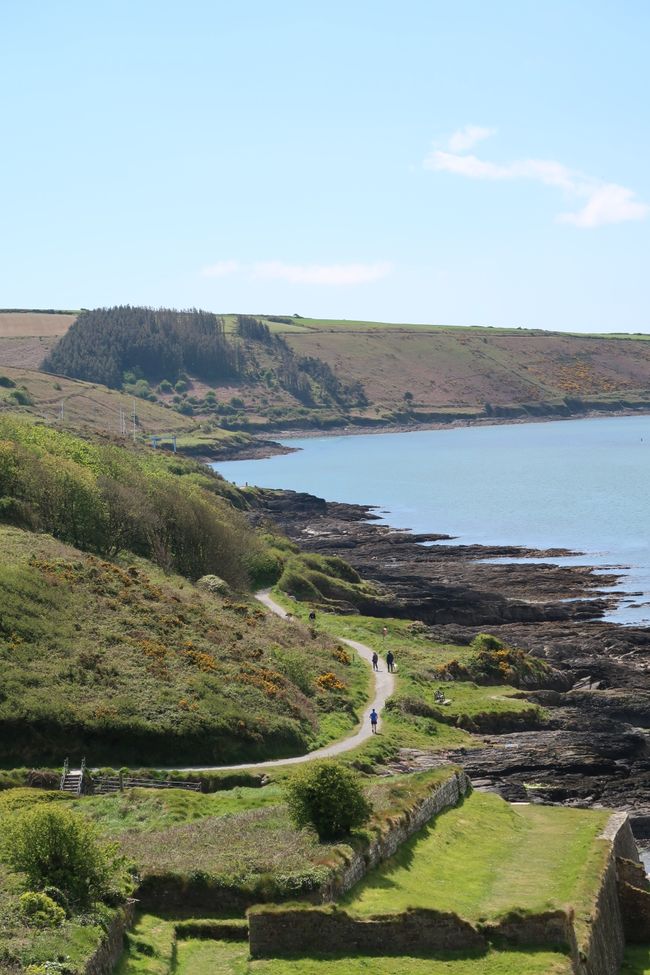
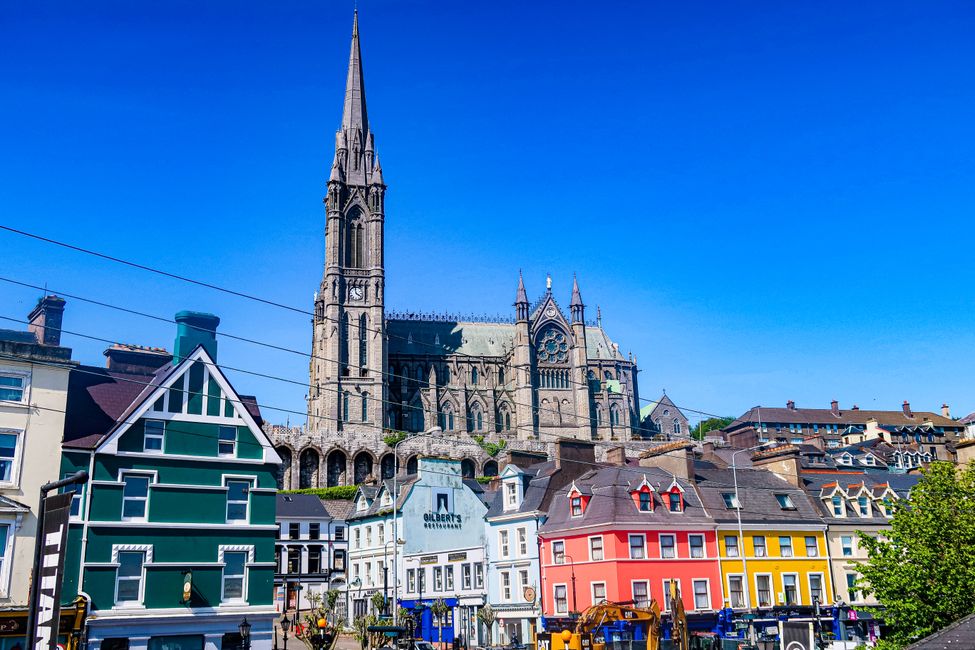
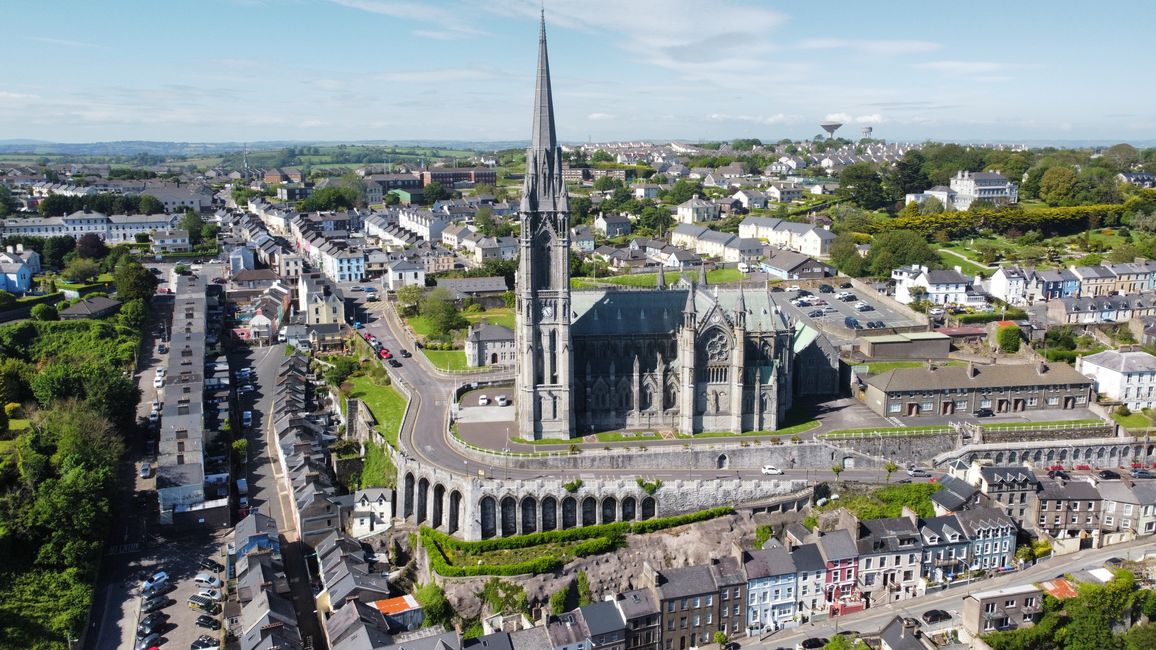
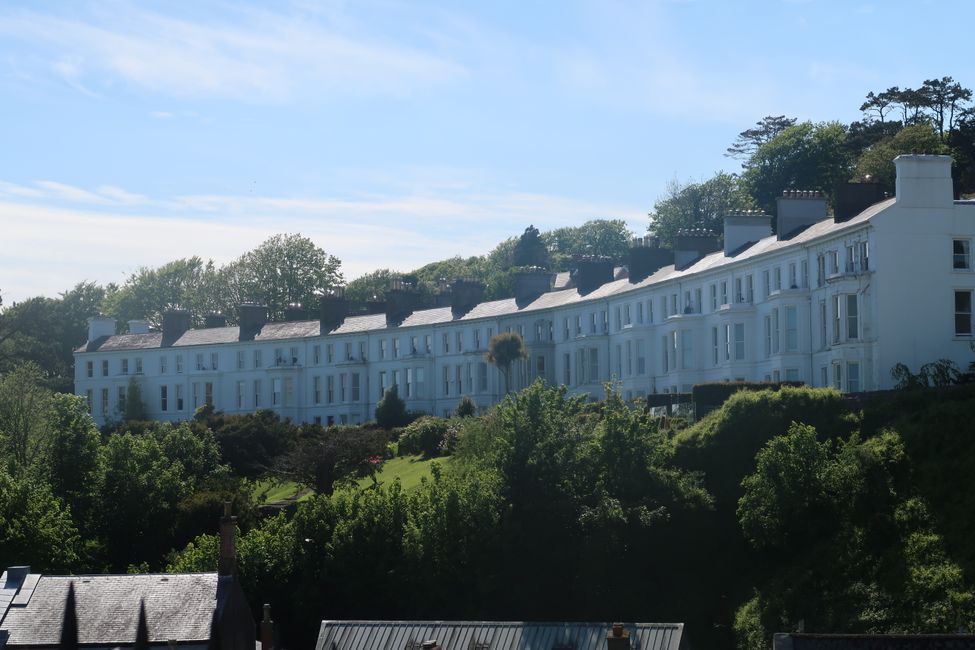
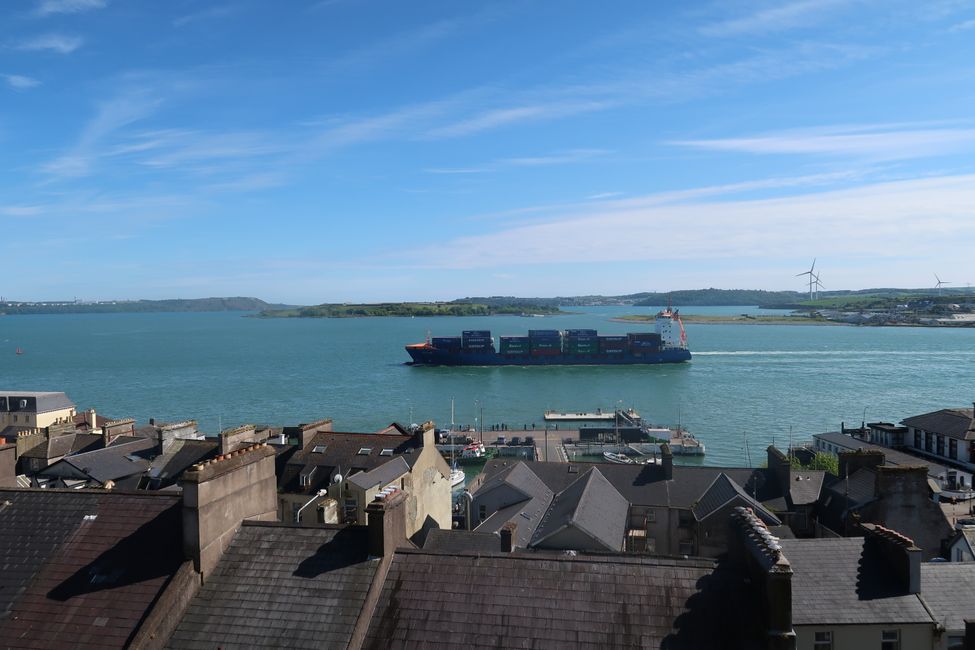
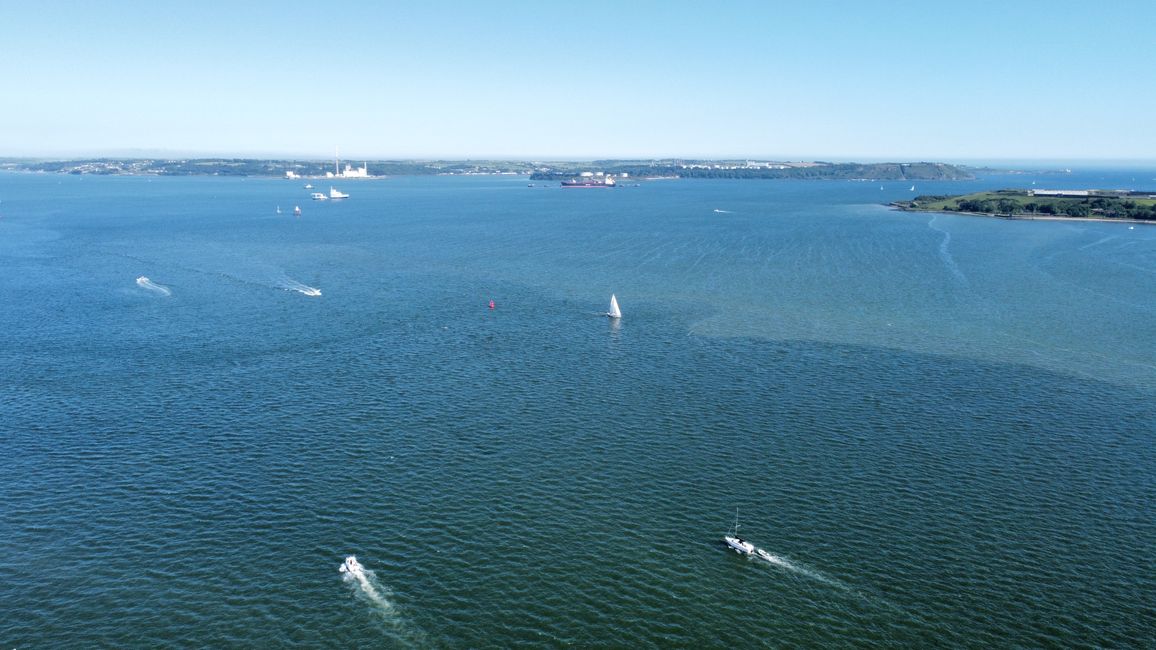
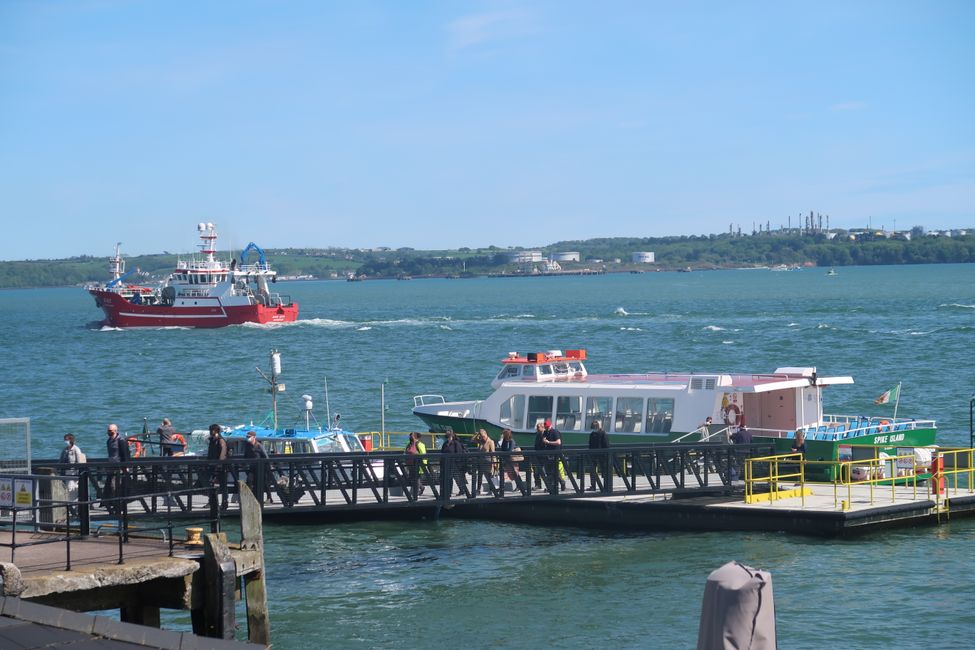
Berlangganan Newsletter
The first stop is the small port town of Cobh (pronounced: Cove), which is accessible by train. The small coastal town has a special history. Cobh, also known as Queenstown (after the visit of Queen Elizabeth), has a small harbor in the center of the city. From this harbor, several small passenger ships departed in 1919 to board the largest ship in the world: the Titanic. No joke, the world-famous ship docked here for the last time before heading towards the beautiful new world of America. However, the Titanic did not reach this destination as it collided with an iceberg in the Atlantic, broke into two pieces, and sank. In total, over 1,500 people lost their lives in the icy ocean. In a small museum in Cobh, you can view old cabins of the Titanic and learn more about the history of the guests who boarded the Titanic from Cobh, perhaps in the hope of a better life in North America.

Cobh doesn't feel like a place in Ireland, with palm trees lining the streets (due to the Gulf Stream providing continuous temperatures throughout the year) and the colorful houses at the foot of Cobh Cathedral. The impressive building looks even better from a drone's perspective. There is also a special feature not far from the cathedral. The House of Decks is a beautiful photo motif. The street is not an easy walk with a gradient of over 25%. In the summer, during my train ride from Cork to Cobh, I also spotted a pod of seals sunbathing on the sandbanks at low tide.
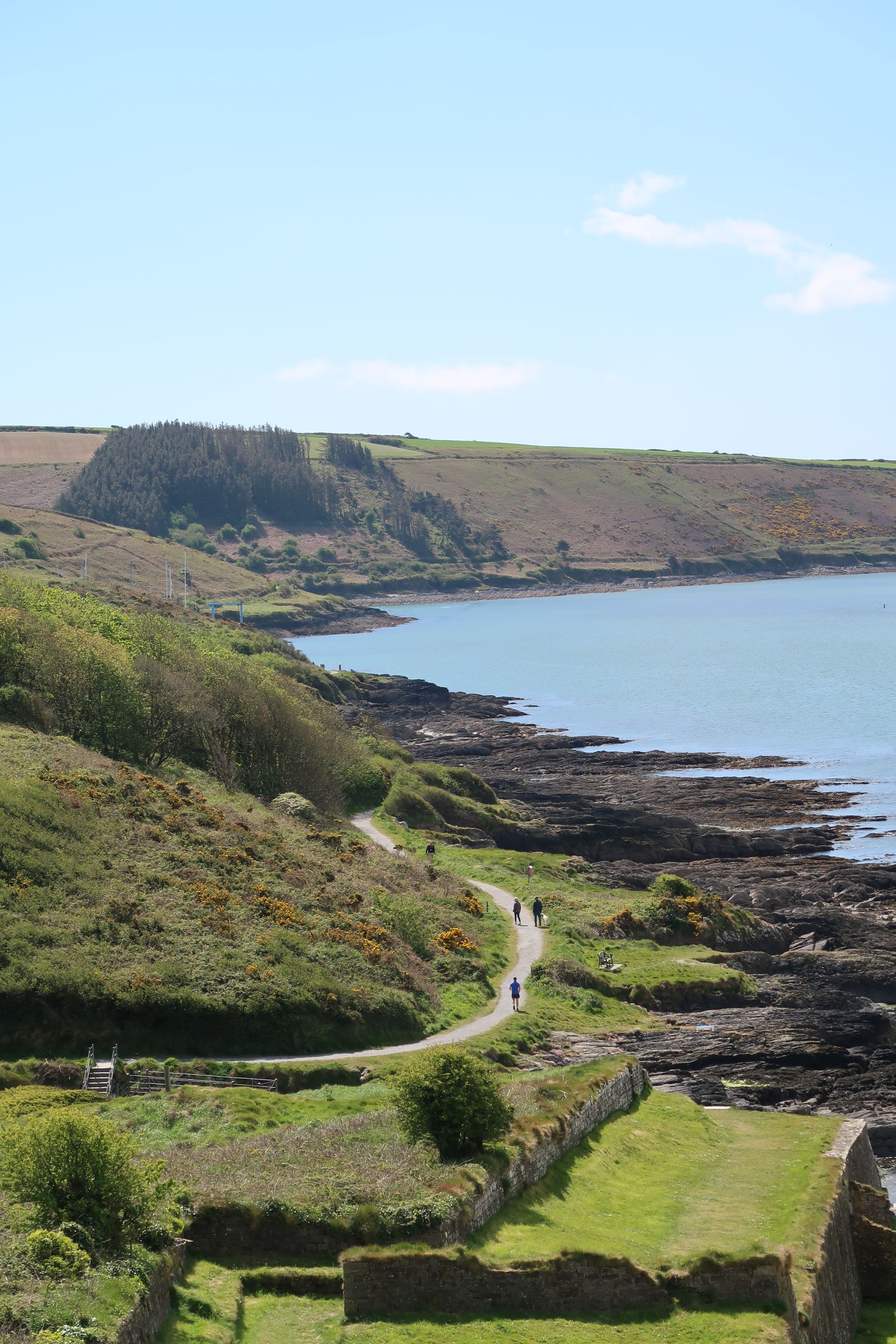
Kinsale, about 30 minutes away from Cork, is a small coastal town in a bay with a small marina and fortifications. The town is also the namesake of the lighthouse and the starting point of the Wild Atlantic Way. The small harbor town has a small, colorful old town and many seafood restaurants. In front of the town, there are the two former fortresses: Charles and James Fort. The two fortresses face each other, separated only by the sea, and were used to protect the town of Kinsale from invaders and warriors. Kinsale was a popular target of invasion by the English and the Spanish in the past. During an attack, a metal rope was stretched across the sea between the fortresses and hoisted up to prevent attackers from entering the town.

The Old Head of Kinsale is another 20 minutes away and offers a beautiful view of the lighthouse. Here you will also find a memorial plaque for another sunken ship, the Lusitania. This ship was sunk by German torpedoes during World War I, as it was apparently believed to be transporting war materials to America. However, it was actually a passenger ship, and as a result of this attack, 1,200 people met their cruel death in the Irish Sea. Historians consider this event as a turning point, as it led to the Americans deciding to enter the war.

Berlangganan Newsletter
Menjawab
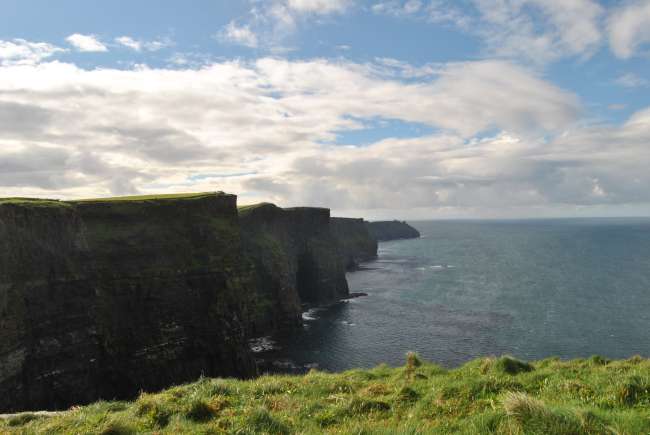
Laporan perjalanan Irlandia

